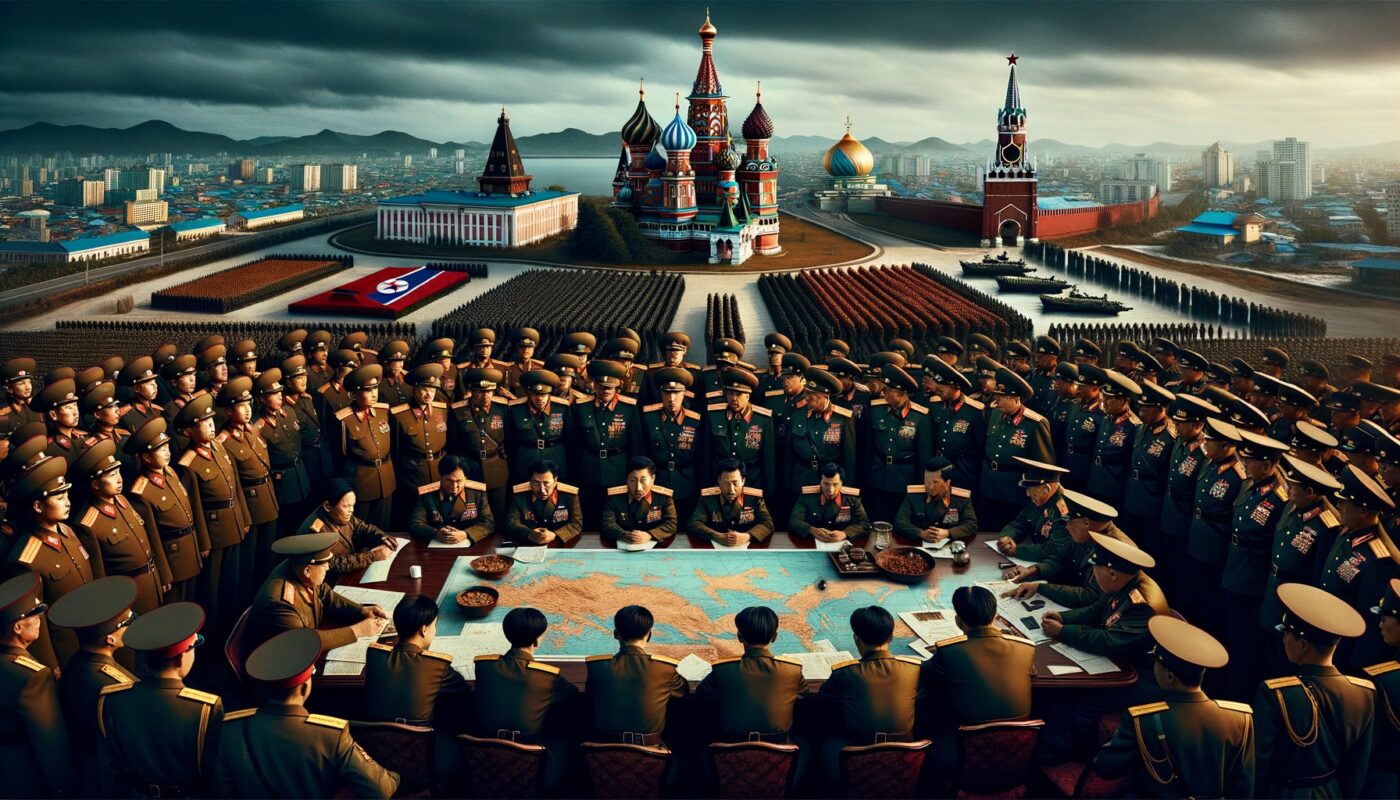Recent reports have emerged suggesting that North Korean soldiers are being deployed to support Russian military operations, specifically in the conflict zone of the Kursk region, Ukraine. This development follows a series of military agreements between Moscow and Pyongyang, escalating concerns over North Korea’s role in the ongoing conflict.
North Korean Troops Allegedly in Kursk: What We Know So Far
The revelation came during an address by Ukrainian President Volodymyr Zelenskyy, who claimed that a significant number of North Korean soldiers have joined Russian units. He noted evidence indicating their active involvement in operations against Ukrainian forces. According to President Zelenskyy, these soldiers have been integrated into joint units, facing considerable losses in recent skirmishes.
Zelenskyy’s comments align with accusations from both Washington and Seoul, asserting that over 10,000 North Korean troops have been deployed to assist Moscow. These allegations came after the two nations signed a noteworthy defense pact earlier this year, hinting at a deepening military partnership post the 2022 invasion of Ukraine.
The Strategic Intentions Behind the Deployment
Analysts believe that the presence of North Korean troops could be strategic for Russia. Utilizing foreign soldiers allows Russia to alleviate some of the pressures on their forces, while also presenting a show of international alliances amid geopolitical strains. This collaboration reflects how Putin is rallying external support to sustain military efforts in Ukraine.
Furthermore, this dispatch of North Korean forces comes as Ukraine intensifies its incursions in the Kursk region, prompting Russia to reinforce its defenses. Ukraine initially held significant territory in the area, but Russian counterattacks—with possible assistance from North Korean units—have altered the battlefield dynamics.
Implications for Global Political Landscape
The participation of North Korean troops in the conflict underscores the global scale of this military confrontation. It also raises questions about the evolving strategies of countries involved directly and indirectly in the Ukraine conflict. The world’s eyes are on the repercussions this could have for North Korea’s relations with other nations and how this military support could influence international diplomacy.
The increased involvement of North Korea draws parallels with other conflicts where external nations have bolstered military operations. The geopolitical ripple effects are yet to be fully understood, but the alliance between Russia and North Korea could influence regional balance, particularly in Asia. China-Taiwan tensions also demonstrate the broader theme of increased military posturing in different parts of the world.
In conclusion, the potential deployment of North Korean troops in support of Russia highlights an intensified phase in the ongoing Ukraine conflict. As the situation unfolds, the international community will undoubtedly monitor these developments, assessing their broader implications on global security and political alliances. The military alliance between North Korea and Russia could mark a new chapter in the geopolitical landscape, with consequences echoing far beyond the immediate conflict zones.
Warning : This information is indicative and without guarantee of accuracy. Consult a professional before making any decision.





